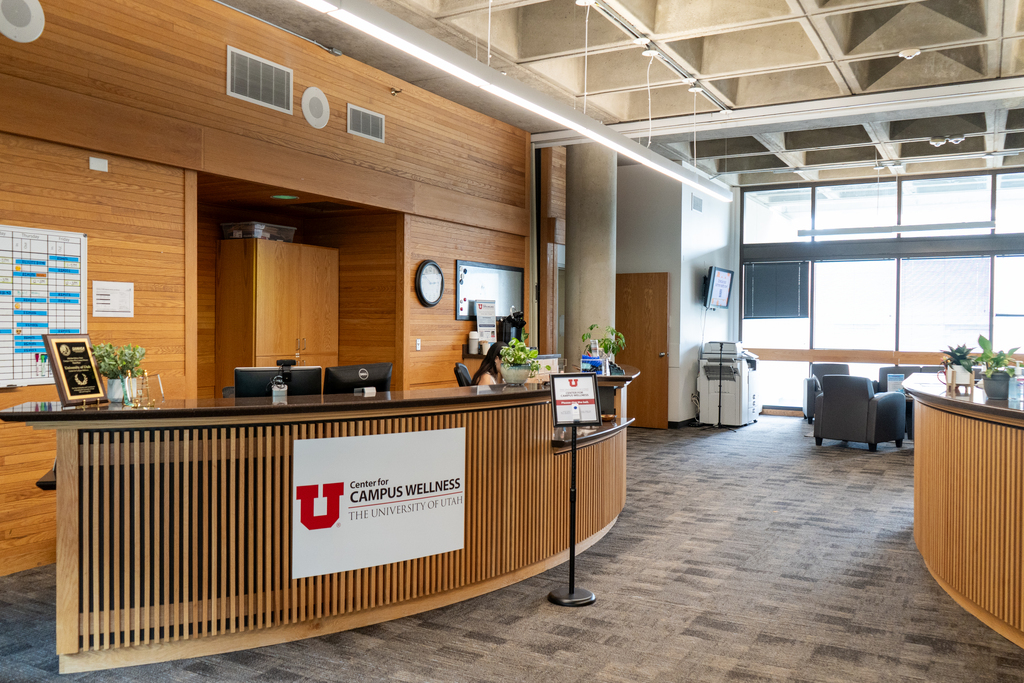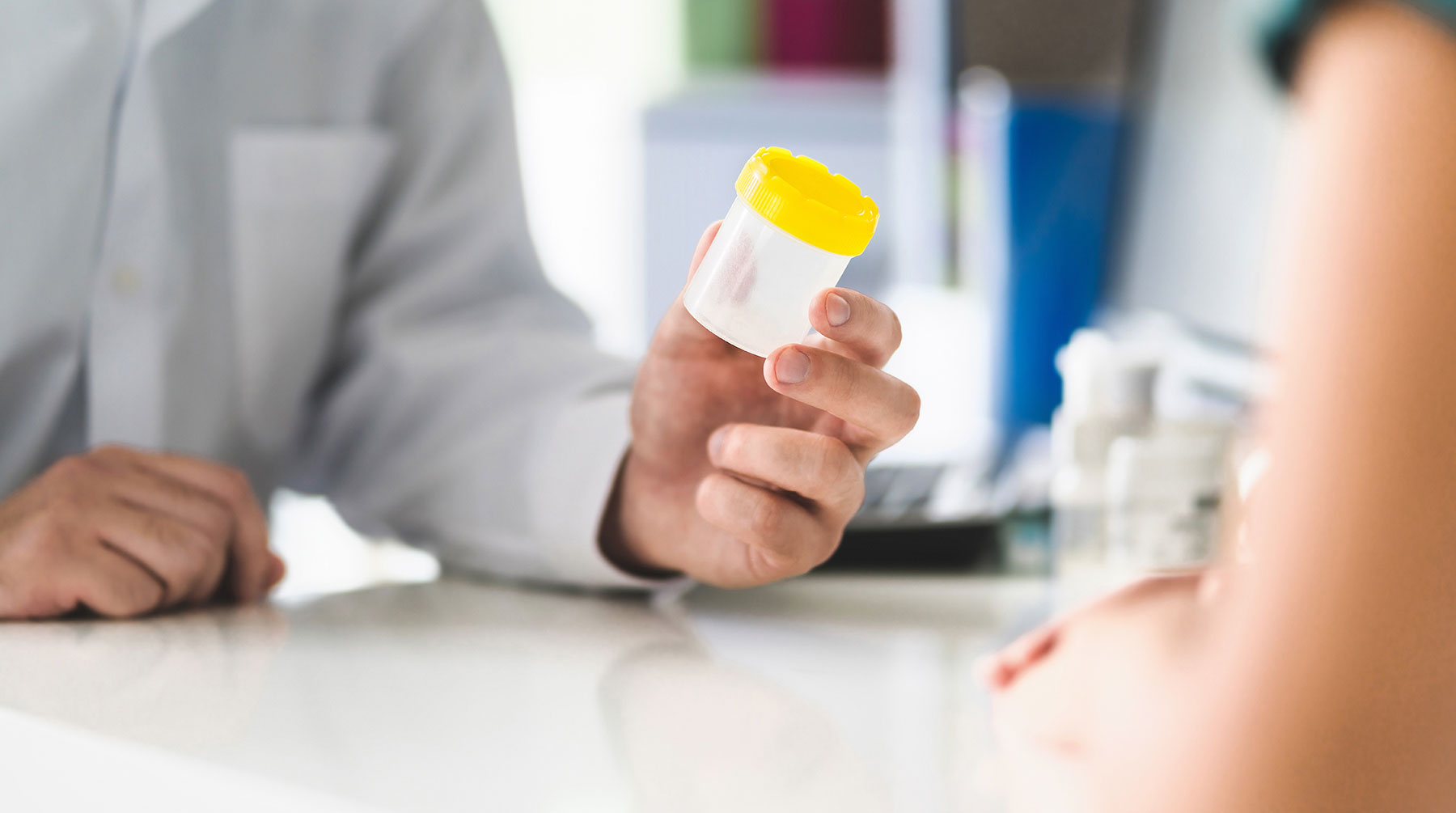HIV/STI Testing
Purpose
Regular testing is an important aspect of physical wellness. We believe that all students (and individuals!) should have easy access to sexual and reproductive health information so that they can make informed choices in their relationships.
Our confidential and testing services offer students education about sexually transmitted infections (STIs), a place to check in with their body, and connect with resources and treatment as needed.
The most common symptom of an infection is actually no symptom at all, as many STIs are asymptomatic. When left untreated, some infections may result in health complications and chronic diseases, so it's important to get tested regularly.
Our recommendation is that people who have sex get tested either:
- every 3-6 months,
- before having sex with a new partner,
- or after unprotected sex.

Testing Services
The Center for Campus Wellness hosts two types of free student testing clinics throughout
the semester
STI & HIV Testing Appointments

We offer free 15-minute testing appointments twice per month where students can get treated for HIV and STIs with the support of our professional staff.
Testing is conducted on first come first serve basis, and our capacity to see walk-ins may vary with longer wait times so we highly recommend booking an appointment to ensure you are seen that day.
Starting three days before each clinic, students can reserve a spot on Medicat. There will be (2) spots available per 15-minute block. Our maximum testing capacity during these two hour sessions is approximately 25 students.
Second Monday of the Month
12:00 pm to 2:00 pm on the following dates
September 8th, October 13th, November 10th, December 8th, January 12th, February 9th, and April 13th.
Fourth Wednesday
From 11:00 am to 1:00pm on the following dates
September 24th, October 22nd, January 28th, February 25th, and March 25th.
Mobile STI Testing Clinics

During the Spring and Fall semesters, students can also access STI testing at our two mobile clinics at varying campus locations throughout the school year.
We offer free multi-site STI testing (no HIV) where students can check their status via a swab or urine sample.
Students can save time by pre-registering for clinics on Medicat.
We host clinics during the following months:
- Spring Semesters: March 3rd, 12pm to 2pm
- Fall Semesters: November 18th, at Wellness Carnival)
Please bring the following: 1) a valid UCard to verify student status 2) and a form of ID that verifies that you are 18 or older (i.e. Driver's License, Passport, Birth Certificate)
Find testing schedule details on our Calendar or call 801-581-7776.
Gonorrhea & Chlamydia
What is Gonorrhea & Chlamydia?
Gonorrhea and Chlamydia are 2 of the most common STIs on a college campus. They are completely treatable bacterial infections that often have no symptoms. We recommend for anyone having sex to get tested every 3 to 6 months.
How do you get Gonorrhea or Chlamydia?
Gonorrhea and Chlamydia are spread through sexual contact with someone who has the infection. These infections can spread even if no one cums. Usually, gonorrhea and chlamydia are spread through vaginal, anal, or oral sex. This is why it is important to use condoms and dental dams every time you have sex.
If someone contracts Gonorrhea or Chlamydia, treatment is very easy with a simple round of antibiotics.
